Suppose we have a system with the closed-loop gain:
\$\displaystyle G(s) = \frac{\omega_n^2}{s^2 + 2\zeta\omega_n+\omega_n^2}\$
Which is the default two-pole system closed-loop gain. Let's also assume that bandwith \$\omega_0\$ is defined with \$|G(j\omega_0)| = \frac{1}{\sqrt{2}}|G(j0)|\$ (standard 3dB definition).
Through substitution of these two expressions we end up with:
\$ \omega_0 = \omega_n\sqrt{1-2\zeta^2+\sqrt{4\zeta^4 - 4\zeta^2 + 2}}\$.
-> My question is: If we add a finite zero to the transfer function, such as:
\$\displaystyle G(s) = \frac{(s+z)\omega_n^2}{s^2 + 2\zeta\omega_n+\omega_n^2}\$
what will happen to the bandwidth? Will it change? I know that the finite zero only affects the system in transient phase, and in stable phase (when t \$\rightarrow \infty\$) the zero doesn't affect it. However, I'm not sure about the bandwidth.
Of course, I could substitute G(s) into the bandwidth expression, but I won't get a normal result.
Help :)
